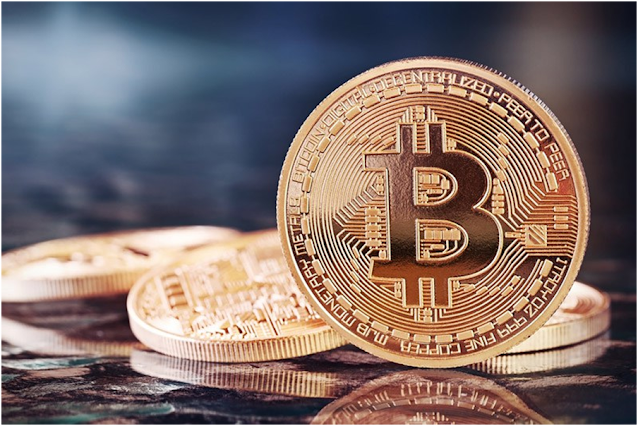What is a Bitcoin and How Does It Work?
Bitcoin is a digital asset that works as a currency, operated by a decentralized authority. Balances are being kept using public and a private keys-long string of numbers and letters linked through the mathematical encryption algorithm that was used to create them and all the transactions are being made by computing power. It is one of the digital currencies that are now widely being used, a peer-to-peer technology to facilitate instant payments.

What is a Bitcoin and How Does It Work?
-
Bitcoin Futures
It is a forward agreement that obliged the buyer to purchase an asset and the seller to sell an asset at a predetermined future date and price. Bitcoin futures work the same way. It compels the buyer or seller to buy or sell a specific amount of bitcoin within the specified time frame for a set price. Futures offer risk management, leverage, and centralized price discovery to large institutions.
-
Arbitrage
The price difference between BTC spot and the futures markets to provide an opportunity for arbitrage-buy low, sell high-by taking along position in the spot market and a short position in the underlying futures. If the futures are cheap compared to the value in the spot market, the trader could sell the underlying and buy the futures. In contrast, buying at the spot rate and sell as per the future rate would be the most desirable if the future contract is theoretically expensive. The idea is called cash-and-carry arbitrage.
-
Price Limit
Price limits have now been determined by using the BTC reference rate at which trading will be slow and in some cases even halt. Prices are not allowed to move above or below 20% from the prior day’s close. This restricts dramatic price volatility usually found in the BTC market.
-
Prices will fall in the long-run
Futures trading could end up reducing the price of Bitcoins as it gives new investors a choice to bet against BTC and settling the contracts in dollars so that they can boost their liquidity. This market also allows investors to trade off the cryptocurrency without actually owning it. In this way, they remain protected against any volatility in the real-time spot market. Ultimately, the demand for BTC will fall and will also cause a shed in BTC prices.
-
Legitimization of the market
The two trusted pillars of the financial industry, Chicago board options exchange CBOE and Chicago mercantile exchange CME have already taken a significant step towards the legitimization of bitcoin futures.
-
Market is immature
Some experts think the underlying bitcoin market is yet not mature enough for a futures market. The BTC market is unstable as bitcoin exchanges under pressure and printing in an uncontrolled way different prices when trading volumes increase sharply. The market is yet not secure enough and hacking concerns are also there. Furthermore, technology is not mature enough to be regulated. This sort of instability in the BTC market could spread to other corners of the futures markets.
- Bitcoin Futures - a bubble
The bubble exists when investors demand based on the exaggerated expectation of appreciation of asset value, drives the prices upward. The bubble may end up after coming back to its standardized value. The value of bitcoin does not equal its market fundamentals and all the transactions creating an illusion. And an illusion is an illusion, an idea that is not true.
The volatility of this cryptocurrency, clouds of regulation, scalability issues, and much other reason demonstrates the fact that BTC is not a traditional currency. So there’s a myth among the buyers that are hoping to sell their bitcoins at even higher prices in the future and they will eventually be disappointed.
If you need more details, pls go through this link, https://thebitcoinloophole.co/

No comments